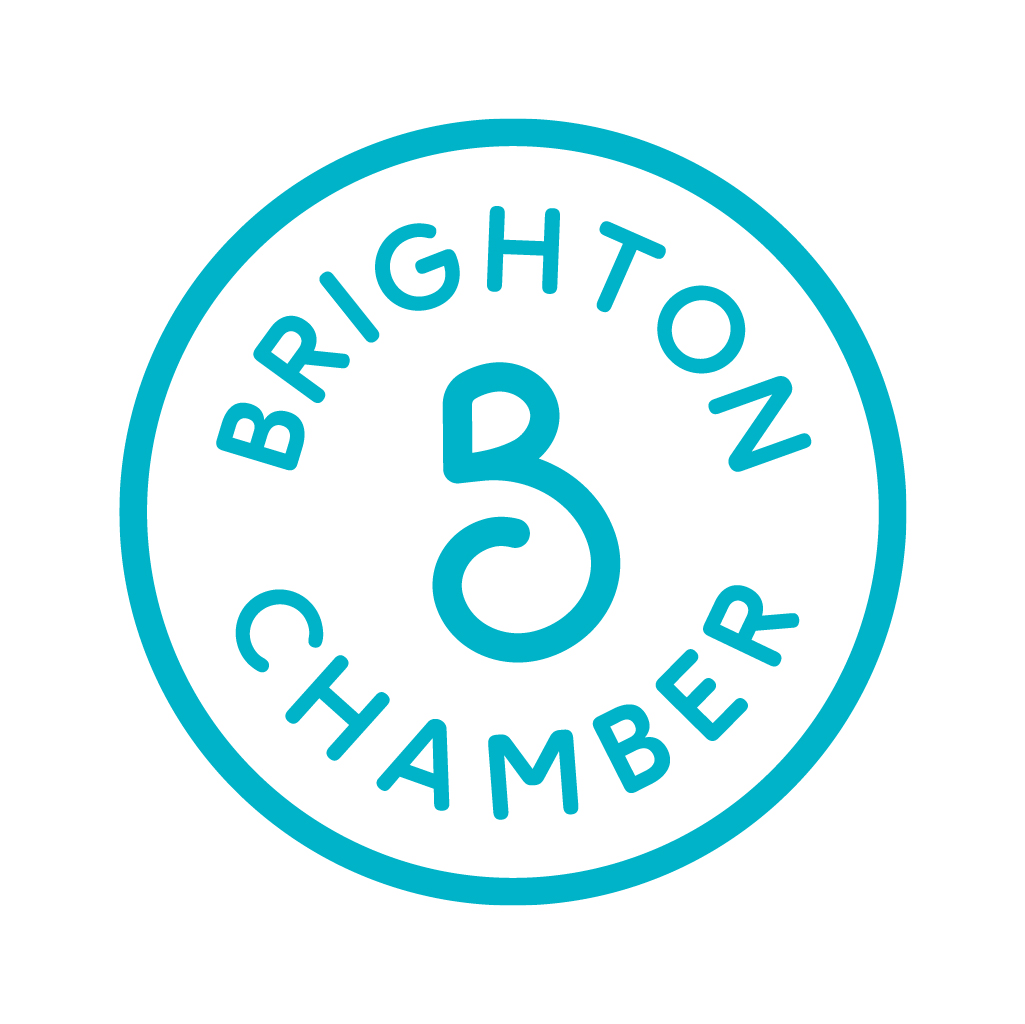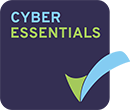Tax credits scams warning for customers
Tax credits customers should be vigilant and alert to potential tax credits scams, HM Revenue and Customs (HMRC) has warned.
Anyone doing their tax credits renewal who has received a tax or benefits scam email, or text, might be tricked into thinking it was from HMRC and share their personal details with criminals, or even transfer money for a bogus overpayment.
Many tax credits scams mimic government messages to appear authentic and reassuring. HMRC is a familiar brand, which criminals abuse to add credibility to their scams.
If customers cannot verify the identity of a caller, HMRC recommends that you do not speak to them. Customers can check GOV.UK for HMRC’s scams checklist to find out how to report tax scams and for information on how to recognise genuine HMRC contact.
Customers have until 31 July 2021 to notify HMRC of any change in circumstances that could affect their claims. If customers haven’t received their renewal pack by 4 June 2021, they will need to contact HMRC.
Signs of a scam, according to HMRC
Use the following checklist to decide if the contact you’ve received is a scam. You can use it for phone calls, emails and text messages.
It could be a scam if it:
- is unexpected
- offers a refund, tax rebate or grant
- asks for personal information like bank details
- is threatening
- tells you to transfer money
For more help view examples of HMRC related phishing emails and bogus contact .
Other signs to look out for
Suspicious phone calls
You can be sure that HMRC will:
- only ever call you asking about a claim or payment on a debt that you already know about
- never leave a voicemail threatening legal action
- never give the reason for a call on a voice message
View an example of a bogus phone call.
WhatsApp messages
If you receive any communication through WhatsApp claiming to be from HMRC it’s a scam. Take a screenshot and forward it as an email.
Gift or payment vouchers
HMRC will never ask you to pay with gift or payment vouchers.
More information: How to avoid pension scams during COVID-19









